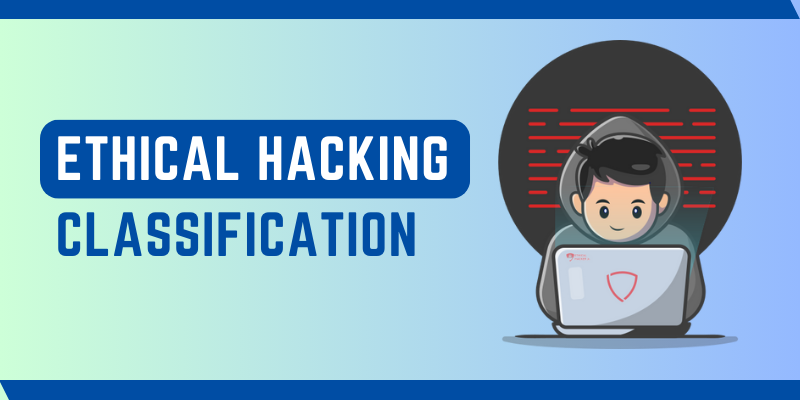
The significance of Cybersecurity has increased significantly in a world that is becoming more and more digital. There has never been a better need for protecting sensitive data from cyber threats as more and more people and businesses rely on technology. One of the most critical functions of Ethical Hacking, sometimes called penetration testing or white-hat hacking, is to find security flaws and patch them before malevolent hackers can take advantage of them. This blog will explore “What are the Classifications of Ethical Hacking?”. To learn Ethical hacking, join the Ethical Hacking Course In Chennai and become a professional Ethical hacker.
Web Application Testing
Cyberattacks frequently target web applications. Web application testers, another name for ethical hackers, evaluate the security of websites, APIs, and web apps. To assist businesses in strengthening their online presence, they detect vulnerabilities like SQL injection, cross-site scripting (XSS), and cross-site request forgery (CSRF).
Network Security Testing
Network security testers focus on evaluating the security of an organization’s network infrastructure. They perform tasks like port scanning, vulnerability assessment, and penetration testing to identify weaknesses in the network. They help organizations safeguard their data and systems against potential intrusions.
Wireless Network Testing
Security of wireless networks has become essential in this era of wireless connectivity. Wireless network testing experts, or ethical hackers, scan Wi-Fi networks for weaknesses. It involves evaluating the password strength, access controls, and encryption techniques to make sure that unauthorized users are unable to access the system.
Social Engineering
One of the most fascinating and psychologically challenging aspects of Ethical Hacking is social engineering. These experts exploit human psychology to gain unauthorized access to systems. Techniques may include phishing, pretexting, baiting, and tailgating. Social engineering assessments test an organization’s employee awareness and resilience against manipulation. The Ethical Hacking Online Course will help you master Ethical hacking and become a successful person in the IT Industry.
Cloud Security Testing
As cloud services become more widely used, it is essential to make sure cloud infrastructure is secure. Cloud security testers evaluate cloud environments’ configurations, data encryption, and access controls. They assist businesses in securely configuring their cloud services to safeguard confidential information.
IoT Security Testing
The Internet of Things (IoT) brings convenience but also introduces new security challenges. Ethical hackers in this field evaluate the security of IoT devices and networks, including smart home appliances, industrial sensors, and medical devices. They aim to prevent unauthorized access and data breaches through these interconnected devices.
Mobile Application Testing
Due to the large amount of personal and business-related data that mobile devices store, mobile app security is essential. Mobile application testing experts are ethical hackers who look for flaws in apps that could be used to access user data. This entails looking for improper session management, insecure API calls, and insecure data storage. To enhance your career in various sectors, join the Training Institute in Chennai and achieve your dream job.
Physical Security Testing
Testers of physical security evaluate the physical security measures an organization uses, including alarm systems, access control systems, and surveillance systems. To see how well the company can safeguard its assets, buildings, and private data, it tries to scale physical barriers.
Ethical hacking is a dynamic and evolving field with various specialized domains. Each Classifications of Ethical Hacking focuses on different aspects of cybersecurity, ensuring that organizations are well-prepared to defend against cyber threats. By employing ethical hackers and regularly testing their security measures, organizations can maintain a proactive approach to Cybersecurity, protecting their data, systems, and reputation in an increasingly digital world.
